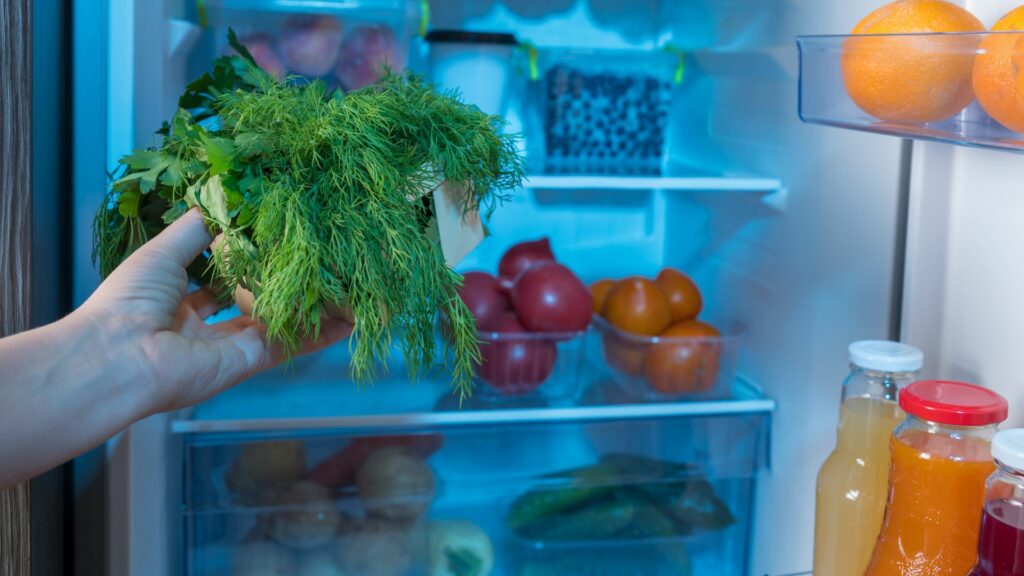A grocery delivery made directly to your fridge even though you are not home? It sounds like the distant future, but it could potentially be happening very soon if the experiment by the Carrefour group currently underway in France proves successful.
With a panel of test customers, the experiment involves a delivery person entering someone's house and depositing fresh products directly into their fridge. Carrefour currently has no plans to extend the test to Belgium.
For those eyeing this with questions about security, there is an imperative for this type of delivery: a connected lock that you can unlock via your smartphone or a numeric keypad.
One hour before delivery, the delivery person will receive temporary access to the lock. When they are in front of the house, they can open the door using a specific application which will notify the occupant of the house that the delivery is in progress. The delivery person enters the house, puts the "non-fresh" groceries on the table and places the other groceries directly in the fridge or freezer and then sends a photo to account for the delivery.
Not the first of its kind
Carrefour is not the first to test this type of service. Four years ago, another French company, Franprix, embarked on a similar three-month test, which was ultimately not followed up.
In the United States, the supermarket giant Walmart launched a service called InHome in 2019, which delivers to customers' houses or garages. The service remains in operation in a few major American cities.
Amazon Key offers a comparable service for the delivery of its packages that combines delivery with access to the home or garage but with the activation of a surveillance camera when the delivery person enters the home.
Related News
- New online supermarket launches in Brussels for fresh and local produce
- Collect&Go starts home deliveries with own drivers in Brussels and Antwerp
These practices, whether tested or implemented, are often done in partnership with manufacturers of connected locks. At the time, Franprix had contributed financially to the installation of the connected locks of its test customers. Walmart offers a charge of about $50 for the acquisition of a connected lock, provided you subscribe to its delivery service.
The issue, in addition to the need to equip your home with these specialised locks and the price of the subscription, obviously lies in trusting and needing to accept that a stranger is entering your home.
On social networks, some see it as an advantage for people with reduced mobility. Others, on the contrary, are horrified by the potential further reduction of human interaction in society and the possible risk of illegal activity by delivery personnel.

